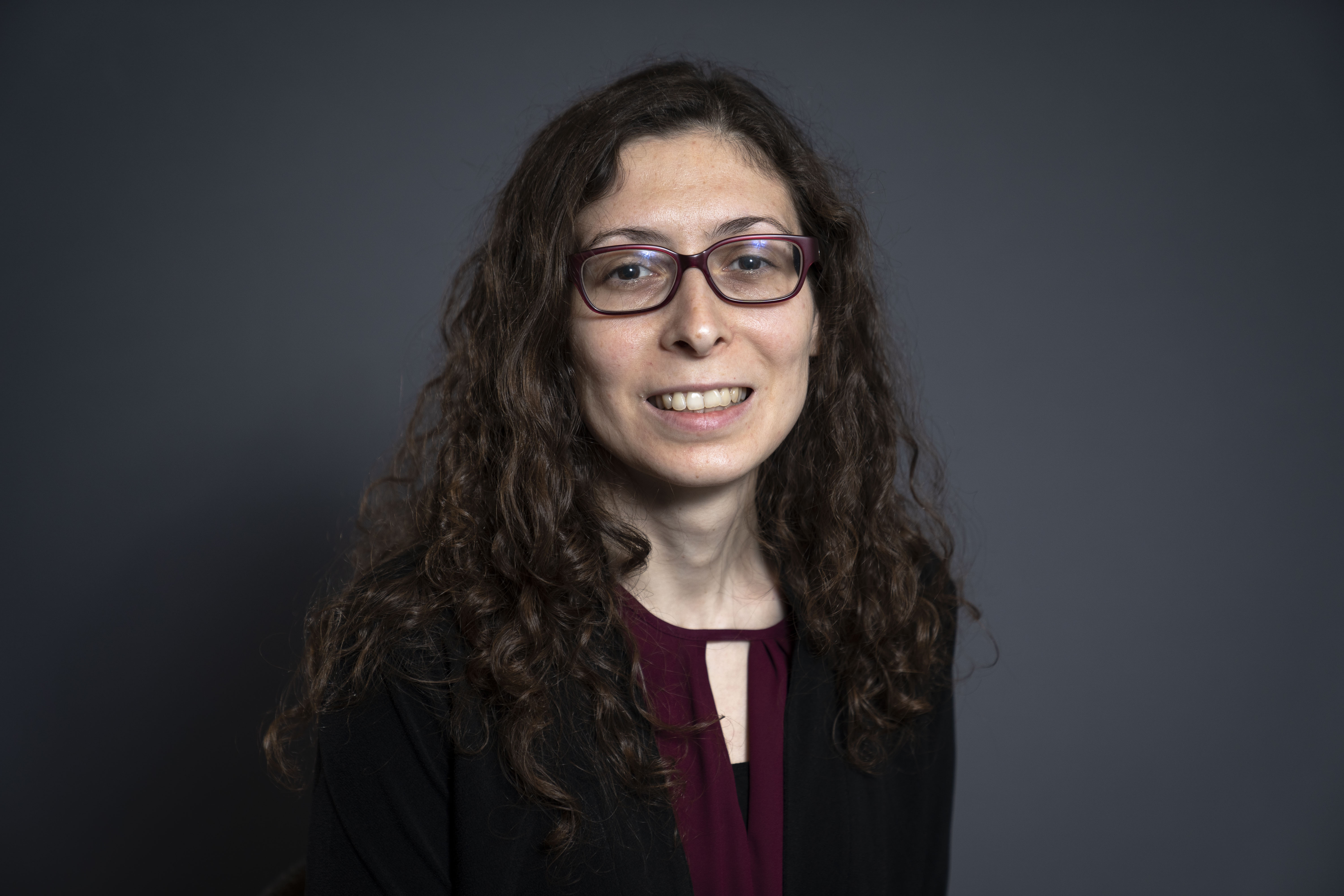Pınar Tözün
Research leader

Project title
RAD: Resource-Aware Data Science
What is your project about?
RAD is about making data science tasks, especially deep learning training, more hardware-conscious. Traditionally, the dominant metric to optimize for in the AI community has been accuracy. However, the computational footprint to reach a particular accuracy point is highly overlooked. This leads to a drastic increase in the hardware resource needs as we increase the number of data scientists training models. In RAD, we will develop novel techniques to significantly reduce the hardware needs of data scientists by making the common tools they use more hardware-conscious.
How did you become interested in your particular field of research?
I like being at the intersection of things and bridge gaps as much as possible. Therefore, when I was a junior PhD student, I decided that I wanted to be at the intersection of software and hardware in my research, and I chose data-intensive systems (databases, big data systems, machine learning frameworks, etc.) as the software I want to focus on because of their significance in our data-driven society today. Utilizing modern hardware resources as effectively as possible is essential to create sustainable growth for data-intensive systems and applications.
What are the scientific challenges and perspectives in your project?
The productivity of data scientists today is fueled by the exponential evolution of hardware and the surge of machine learning tools, which hide the complexities of hardware from data scientists. However, there is a widening performance gap between the software tools and modern hardware. The key challenge in this project is to bridge this performance gap through collaborative hardware resource usage and sharing methods for data science workloads while preserving productivity of data scientists.
What is your estimate of the impact, which your project may have to society in the long term?
My project will contribute to achieving a more sustainable growth of data science. Data science and AI is here to stay and here to grow. However, this growth should not lead to a drastic increase in hardware resources we use. By using the novel tools and techniques developed in RAD project, data scientists will be able to utilize and share their existing hardware resources more effectively, thereby shrinking the carbon footprint associated with their workloads.
Which impact do you expect the Sapere Aude programme will have on your career as a researcher?
It will enable me to establish a leading independent research group that strengthens the expertise of building resource-aware data science infrastructure in Denmark and at the international level. It also facilitates collaboration with the leading international research groups in the field and data scientists.
Background and personal life
I live in Copenhagen. I come from the Black Sea coast of Turkey. Therefore, I love being close to the sea and I don’t mind dark weather, so I enjoy living in Copenhagen very much. My favorite hobby is going to the movies, and my favorite place in Copenhagen is Husets Biograf.
View all research leaders here
Research institution
IT University of Copenhagen, Computer Science Department, Data-intensive systems and applications (DASYA) lab
Research field
Data-intensive systems and applications on modern hardware
City of your current residence
Copenhagen
High school
Zonguldak Science High School, Zonguldak, Turkey
